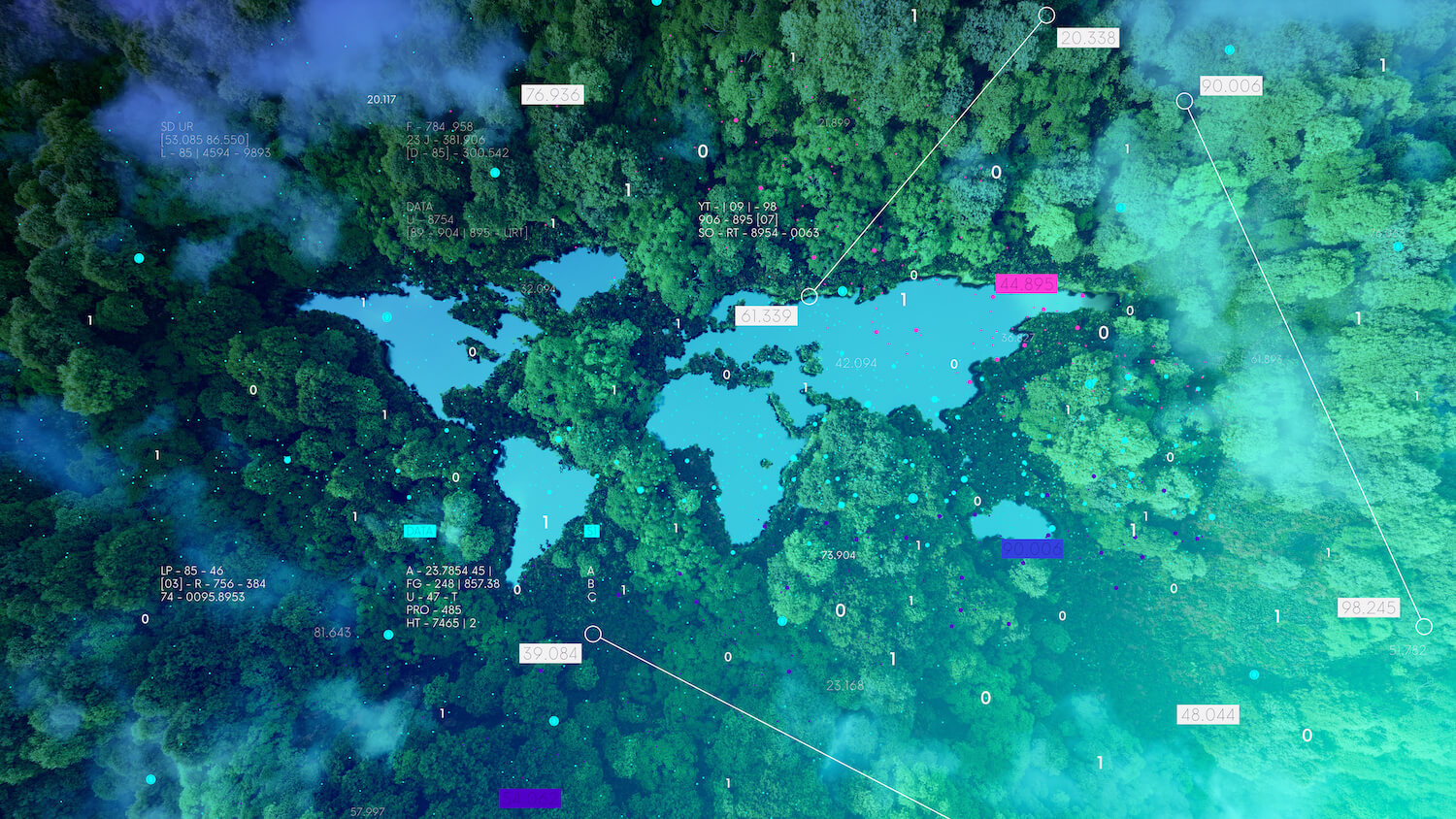AI-enabled big data analytics can unlock insights and new solutions to climate challenges
The urgency of addressing climate change has reached a critical juncture. With each passing day, the consequences of climate change become more pronounced, affecting communities, ecosystems, and economies worldwide. Fighting climate change is not just a local or national concern – it’s a global imperative that demands innovative solutions.
In the search for solutions to climate change, AI-enabled big data analytics can not only support sustainability initiatives, it can also unlock insights and entirely new solutions to the biggest climate challenges, by providing in-depth understanding of our environment, our climate and the factors that act upon it. AI analytics is a necessity in our collective efforts to secure a sustainable future.
Unearthing environmental insights
The key to understanding and addressing climate change lies in our ability to gather and interpret environmental data on a massive scale. Big data and generative AI offer us a powerful lens through which we can observe, analyse, and respond to the evolving dynamics of our planet.
“Satellite imagery, weather data, oceanography, and ecological surveys all contribute to massive datasets that AI algorithms can process and interpret, and with these technologies, we can uncover the sort of environmental insights that were once impossible to attain and use this knowledge to make accurate predictions on the outcomes of our actions or inaction.”
– By Thomas Pramotedham, CEO of Presight
Satellite imagery, weather data, oceanography, and ecological surveys all contribute to massive datasets that AI algorithms can process and interpret, and with these technologies, we can uncover the sort of environmental insights that were once impossible to attain and use this knowledge to make accurate predictions on the outcomes of our actions or inaction.
Consider the alarming rate of deforestation in the Amazon rainforest. Through the analysis of satellite images, AI systems can detect changes in tree cover, track illegal logging operations, and provide real-time information to conservation agencies. These insights enable timely intervention, allowing us to protect one of the Earth’s most vital carbon sinks.
Big data analytics are already helping us to understand the ecosystems that are at risk from climate change – including in-depth analysis of coastal and oceanic environments – which will contribute to conservation and efforts to preserve biodiversity. Big data and generative AI then, can certainly empower us with a proactive, data-driven approach to environmental preservation.
The role of AI in climate mitigation
Climate mitigation, or the reduction of greenhouse gas emissions, is a paramount goal in our shared fight against climate change, and there’s no denying that AI will be a critical ally in this endeavour. Machine learning algorithms can simulate various climate scenarios and predict their potential outcomes. AI models can forecast changes in weather patterns, sea levels, and global temperature, in effect creating predictive modelling that informs climate action strategies by providing policymakers with valuable insights for decision-making.
Presight has partnered with two companies in this space, NEC, and UAE-based DeepTech Engineering, which bring expertise and advanced AI solution for flood modelling and monitoring, and early warning of earthquakes through AI seismic modelling respectively. Their technologies are helping governments to be better prepared for natural disasters and to gain critical early indicators of incidents to be able to take steps to protect lives and mitigate loss.
AI can also help address the causes of climate change on multiple levels, such as improving energy usage and distribution. AI technology can be used to predict energy demand, manage energy distribution, and even forecast periods of surplus energy that can be stored for future use. Thus, when knowledge is shared and leveraged, AI can be unleashed to ensure efficient use of clean energy, making the transition to sustainable power sources both cost-effective and environmentally responsible.
Global collaboration and policy integration
Climate change is not bound by geographical or political borders, and the solutions will also need to cross borders, with international cooperation and policy becoming central to our ability to address it effectively.
COP28 in Dubai, for example, is a perfect example of a vehicle for change, as it gathers the world’s highest-ranking body on climate issues, and one of the largest international meetings in the world.
Open data initiatives and collaborative research will undoubtedly help standardise AI and big data practices and empower nations to work together towards common goals; whether that’s reducing emissions, protecting biodiversity, or addressing climate-induced migration.
Likewise, governments and international bodies must develop comprehensive policies that leverage AI and big data for climate action – policies that prioritise transparency, accountability, and equitable access to the benefits of these technologies. By integrating AI and big data into climate policy on a global scale, we can create a unified approach to tackle the environmental challenges that threaten the very foundation of our world.
The use of big data and generative AI is not just valuable; it is a global imperative in our battle against climate change. Our ability to address climate change and secure a sustainable future hinges on our willingness to embrace the transformative power of big data analytics powered by generative AI. It’s not just a choice; it’s an obligation to future generations and to the preservation of our planet.





















